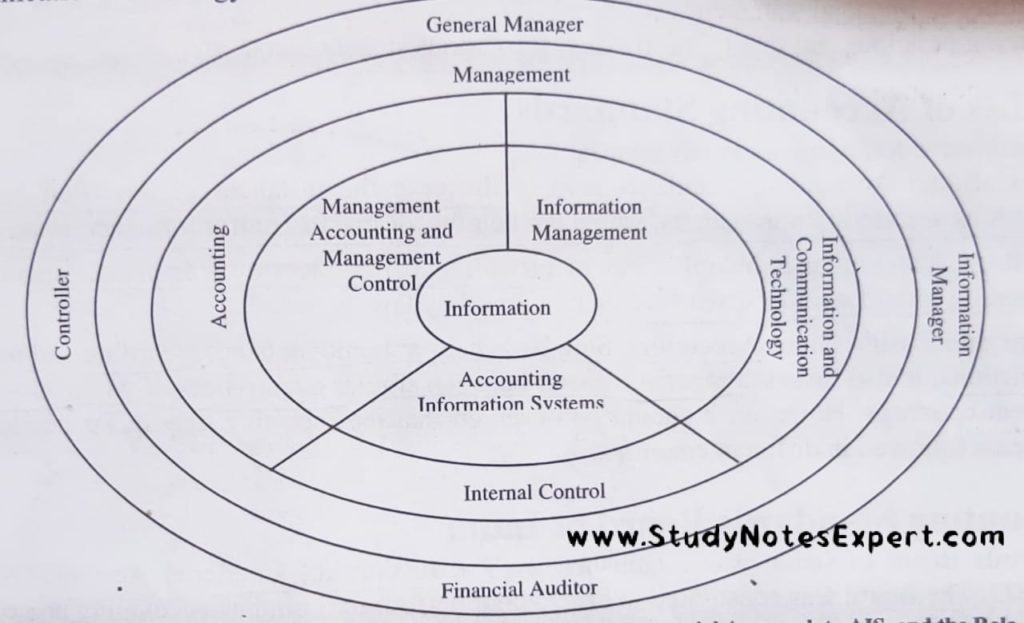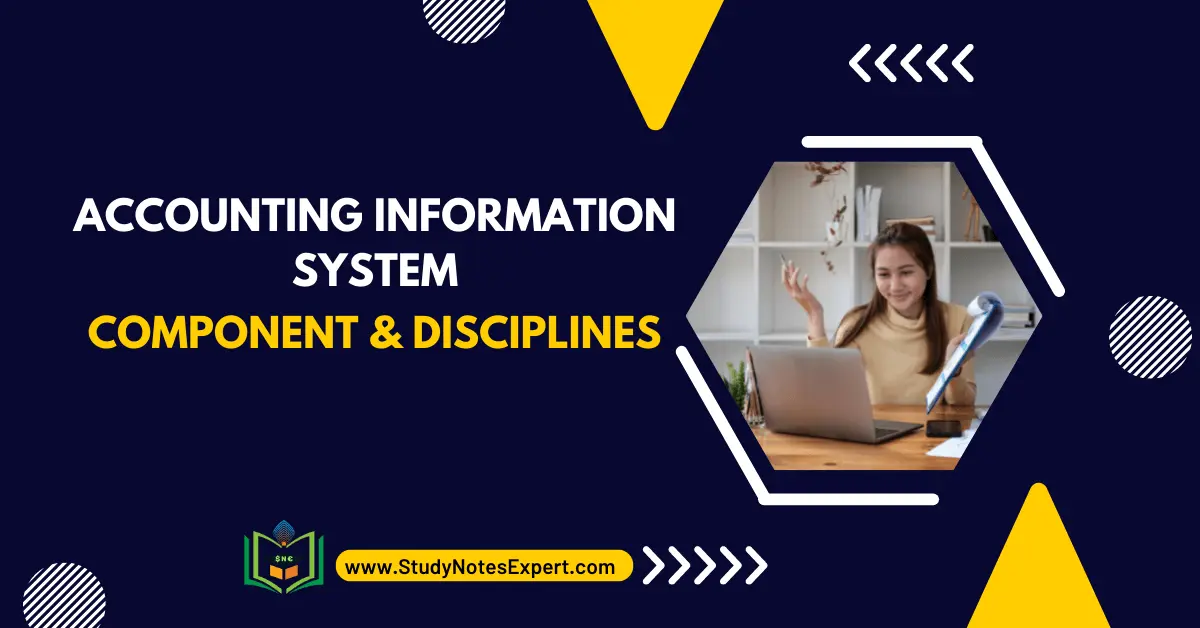Meaning of AIS
Accounting Information System (AIS) is handling the accounting applications of the company. These applications usually process a very high degree of data on a routine basis. The concept of the data process involves gathering data, manipulating data, storing data in preparation of the various accounting documents. Therefore, Accounting information provides timely and relevant information relating to accounting. It facilitates the compilation of efficient and helpful information. It assists several users, especially those who are not well-versed in accounting and financial reporting. Then, The transaction is recorded and then generating reports. It complies with various managerial and legal requirements.

Meanwhile, The aim behind Accounting Information System (AIS) is the accumulation of all the data. It may affect the decision of the financial statement users. So, Accounting Information System (AIS) is the way to store, process, and communicate financial information to the users.
Also Read: User of Accounting Information
Components of Accounting Information System
1. General Ledger System
This aids the firm in leveraging the processing speed of General Ledger, streamlining the accounting information process. Then, It further reduces the period-end closing cycle. The financial statements show the comprising between the Balance Sheet and the Profit & Loss A/c that help in accounting information. Its past and the full managed the new occurring accounts.
2. Asset Management
As the name itself suggests, this module helps track the assets, depreciate the same, and arrange for a maintenance schedule. Additionally, The purpose is to get the greatest benefits from the support. It maximizes the gain from the indirect benefits arising from tax saving. Under this, It maintained the complete record of the long-term assets of the organization.
3. Order-entry System
Under this, the complete range of data stored relating to a transaction, like customer details, billing info. in accounting information. It is a very crucial step in direction of Accounting Information.
4. Inventory Control System
This module handles handling all the issues related to the inventory. Also, It includes the inventory received, inventory cost, standard and abnormal loss, and the balance inventory.
5. Payroll System
It stores and captures the entire data relating to the salary and wages of the employees in the organization. Here, basic pay, overtime, bonus, taxes, deductions relating to provident fund and insurance, and net outlay.
6. Cash Management
It can be termed one of the essential modules. It involves forecasting the cash inflow and outflow at respective periods, arranging the shortfalls, and investing in the surplus whenever. It is also important to take adequate measures for fraud prevention and avoidance.
Position of AIS in Organisation
In the present day, Accounting Information System (AIS) is considered an inseparable part of the organization. It following the figure depicts the role of Accounting Information System (AIS) within an organization. There can be four different aspects of looking at the AIS.
1) related to internal control of the organization
2) related to management
3) related to accounting
4) related to the information and communication technology

Also Read: Qualitative Characteristics of Accounting
Accounting Information and Its Related Disciplines
1. Managerial Information Provision
It covers systematic collecting, storing, and analyzing the data. And, It generates useful managerial information for making efficient decisions, entity control, and accountable personnel.
2. Accounting and Administrative Organisation
The focus is to generate and provide information for the smooth running of the accounting process. Also, It assists in administrative operations.
3. Internal Control
The judgment and exercises controlled to acquire consistency in the association and control deviations.
4. Information Systems
An accounting information system is the set of allied components that work randomly to collect, store, and retrieve information. Information systems carried out Efficient planning, control, coordination, communication, and decision-making.
What is meant by Accounting Information?
Accounting information is financial information used by investors, creditors, and others to make decisions about an organization. This information includes financial statements and information about an organization’s assets, liabilities, and equity.
Why is Accounting Information Important?
There are a few reasons accounting information is essential.
1. It helps businesses make informed decisions about how to allocate their resources.
2. Managers can use accounting information to assess a company’s financial health.
3. An organization can use accounting information to make pricing, investment, and other strategic decisions.
What are the 4 Types of Accounting Information?
The four types of accounting information are:
1. Financial statements 2. Balance sheets 3. Income statements 4. Cash flow statements

